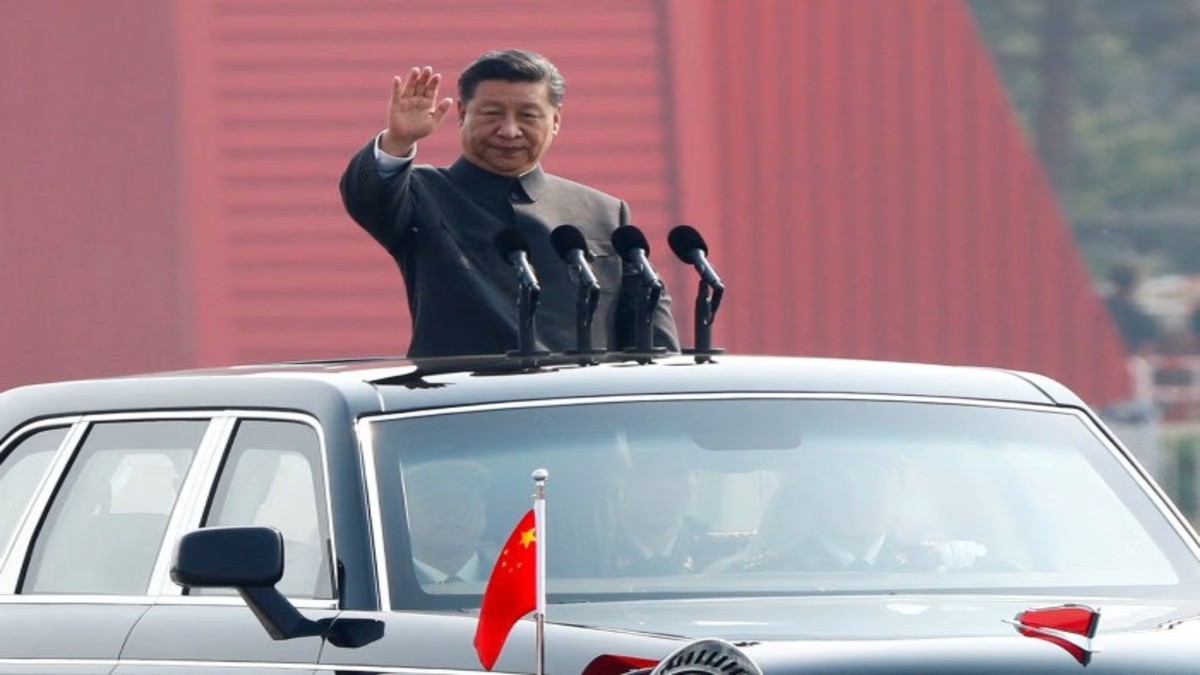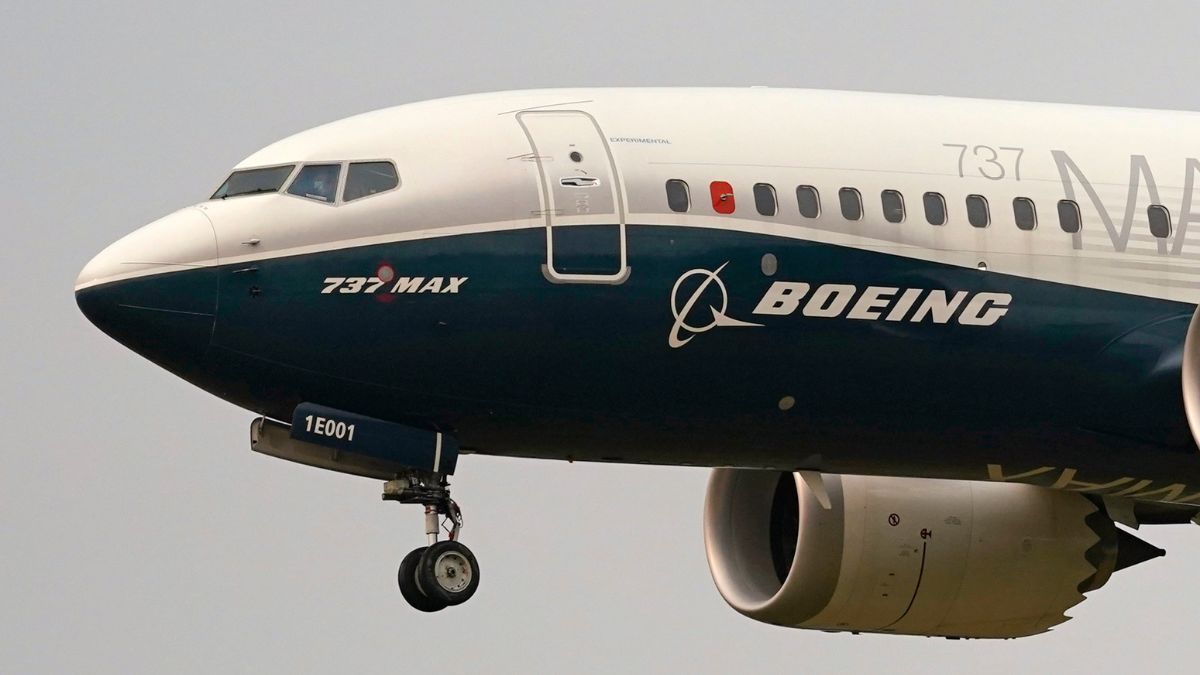With the Victory Parade in Beijing, Xi Jinping did not just seek to establish China as the world leader and flag the fading relevance of the United States under President Donald Trump, but he also sought to rewrite history to relegate the role of the US-led Western world in the World War II to the margins and tell the world that it was the Communist Party that won the war on fascism. That is of course false.
The Victory Day on Wednesday celebrated the 80th anniversary of the surrender of Japan on September 2, 1945, in the World War II that marked the Allied nations’ victory. China and allies had fought the war together against the Axis powers led by Germany, Japan, and Italy.
The rewriting of the history is evident in the name itself that China uses for the World War II — Chinese People’s War of Resistance Against Japanese Aggression and the World Anti-Fascist War. While the China-Japan conflict was just one theatre of the conflict, China presents it as the central element of the World War II.
Moreover, China did not win the war with Japanese by itself — and certainly the Communist Party did not win it by itself. The Communists and the Nationalists, who later fled to Taiwan after defeat in the Chinese civil war, fought the Japanese together with critical support from the United States and the West in the form of weapons, training, advisors, and troops.
Impact Shorts
More ShortsCommunist Party was ‘backbone’ of war with Japan: China’s rewriting of history
In recent weeks, China has published scores of articles that rewrite history and paint China —which means the Communist Party— as the fulcrum of the World War II. China has flooded the internet with such content.
In one article flagged by China Media Project’s (CMP) researchers, Shi Quanwei, a scholar affiliated working under the Central Committee of the CPC, wrote in the party-run China Youth Daily that the CPC was “backbone” of the entire nation’s resistance during the war with China. Shi further said that it was the united front leadership, guerrilla warfare tactics, and exemplary governance of the CPC that made it crucial to China’s wartime resistance.
“The experience of three revolutions, especially the War of Resistance, has given us and the Chinese people this confidence. Without the efforts of the Communist Party, without Communists serving as the backbone of the Chinese people, China’s independence and liberation would have been impossible,” Shi further said.
Another article quoted a descendant of a Soviet pilot as saying that the role assigned to the United States is overblown in the World War.
“China’s resistance war was already underway before the Pearl Harbour incident. Chinese forces long tied down Japanese military strength and manpower, preventing them from extending their influence to the Pacific and the entire Far East region at that time,” the person said.
China’s peddles false history
China’s version of the history is of course false on all counts.
Firstly, even though the CPC waged guerilla warfare against Japanese forces that had occupied large parts of eastern China in the World War, the central Chinese government was run by the Nationalists and Nationalists had fought much of the conventional conflict with the Japanese until 1943-44.
It was the Nationalist government —not the CPC— that engaged with foreign powers and negotiated the foreign aid that was critical in the victory.
Moreover, even though Chinese forces fought Japanese for years by themselves, they could not have won without Western weapons or soldiers. The Western forces had fought intensive battles across the Pacific and eastern India-Burma (now Myanmar) theatres and defeated the Japanese military.
The consensus among scholars is that Western aid was critical for China’s transition from defensive survival to an actual victory against Japanese. They further maintain that, without Western aid, the war would have continued for years, and the lack of Chinese military industrial complex would have reduced chances of victory with each passing year, eventually leading to a stalemate or a negotiated settlement where China may not have had a clear upper hand.


)

)
)
)
)
)
)
)
)



